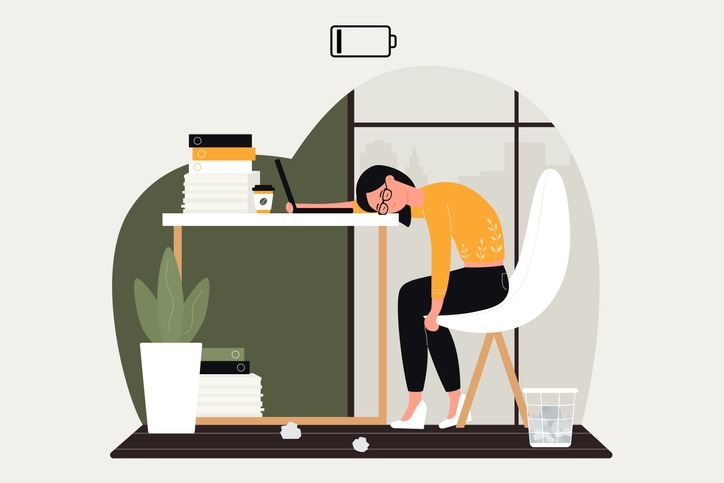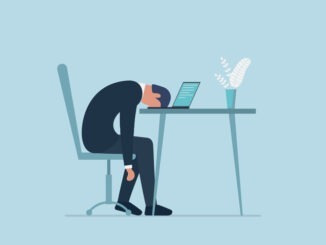
The pandemic has made business owners rethink work/life balance – with research showing that more time spent recharging your batteries actually makes you a better leader, here’s how you can avoid burning out
CREDIT: This is an edited version of an article that originally appeared on Small Businesses
A recent American Express survey reveals most small business leaders say work regularly interrupts their life outside of work with more than a quarter reporting these interruptions happen every day. It’s no wonder nearly half of small business leaders feel they are burnt out.
Work/life balance can be a difficult equilibrium to strike.
Burnout vs wellbeing
The pandemic has led to both personal and professional reflection. According to research, seven in 10 say the pandemic has changed the way they think about their professional and personal lives.
The importance of this cannot be overstated with work-life imbalance acknowledged as counterproductive – 62% of leaders agree they make more mistakes when they don’t prioritise downtime.
The struggle to separate work from home is also impacting personal wellbeing, with leaders sacrificing their mental health as they struggle to switch off from work.
However, business leaders do understand the importance of taking a break and are keen to flip this around, with 86% saying regular time off from work is important for their wellbeing.
The survey shows respondents understand that a healthier work-life balance will lead to better mental wellbeing, improved mood, and stronger relationships with colleagues.
They also point to a multitude of professional benefits, such as greater energy and motivation, improved productivity and creativity, and overall, a better sense of what’s important for their business.
Avoiding burnout is important
So, the importance of balance to avoid burnout and the personal and professional benefits it can bring is clear – but how small business leaders want to spend their downtime also offers a fascinating insight.
- Almost six in 10 say a ‘physical’ break – meaning proper rest and relaxation – would be most valuable to them right now
- Almost a third would like an ‘emotional’ break from constantly needing to meet the needs of others (including customers, presumably)
- A quarter are seeking a ‘sensory’ break or digital detox, away from their phones, laptops and other devices
The research found that while ‘time by myself’ was the most popular choice when it came to enjoying their downtime, 40% chose travel and experiencing new destinations and cultures as most important to them when it came to achieving balance, a fifth focused on pampering and indulgence in activities such as spa trips, and about one in eight interested in learning a new skill such as a foreign language or musical instrument.
How to prioritise downtime
It’s clear that there is no one size fits all approach to improving work-life balance. Of course, the concept differs dependent on the individual and what they deem valuable to them.
With rising costs and ongoing supply chain challenges heaping greater pressure on businesses, leaders may be hesitant to take a break. But those who do strike the right balance seem best set to build improved relationships with their key stakeholders, tackle day-to-day challenges with greater energy and creativity, and ultimately run better businesses.


Be the first to comment